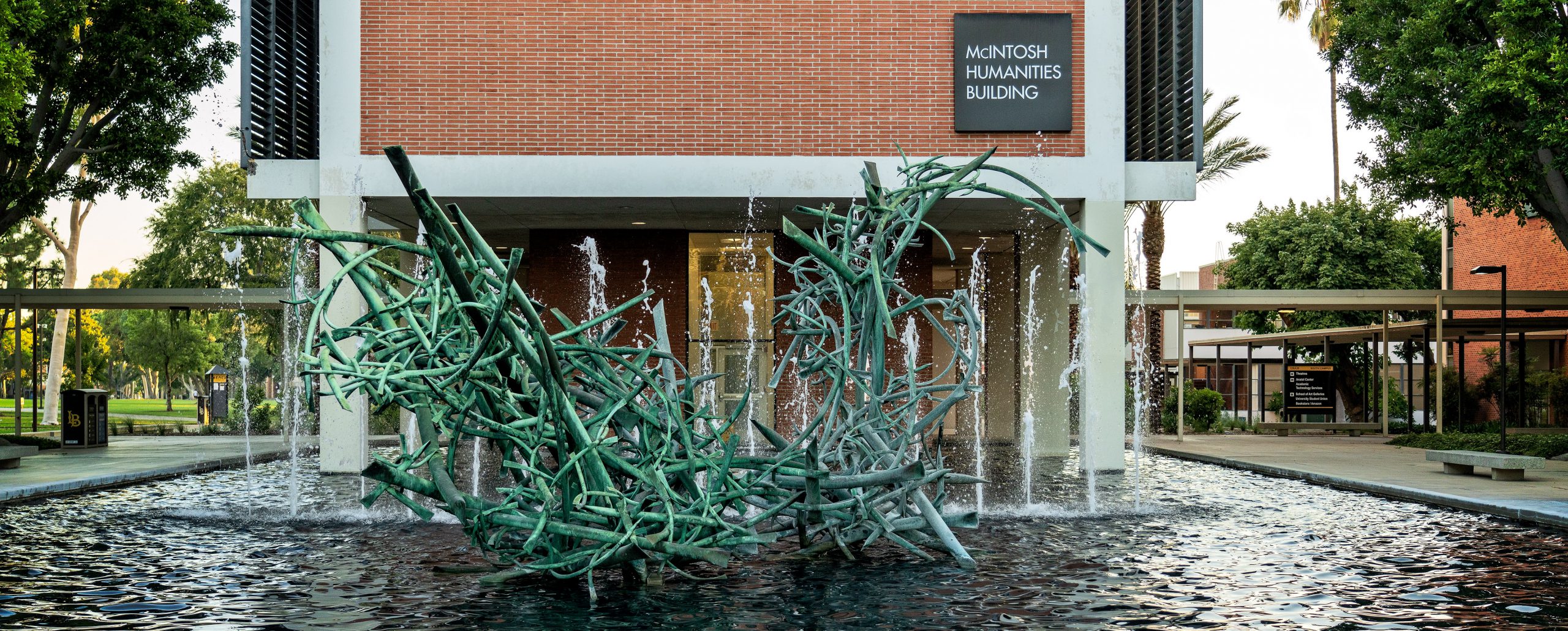2011 Holocaust Workshop
September 8, 2011When it comes to teaching sensitive subjects like the Holocaust, Dr. Jeffrey Blutinger, the Barbara and Ray Alpert Endowed Chair in Jewish Studies, says it is important for teachers to have the right training.
“Most teachers have little to no training on how to teach the Holocaust. Their knowledge may be limited to whatever movies they’ve seen or whatever world history textbook they read at a university,” he said. “It’s important to teach it properly given the enormous campaign of misinformation out there. It’s a subject that is of great interest to students.”
For the second year in a row, the Jewish Studies Program held a free workshop at CSULB with the goal of training local teachers in age-appropriate ways to teach students about the Nazi genocide. Holocaust education is a state standard that is usually taught in the 10th and 11th grades. The week-long intensive-training course, which was held August 8-12, featured talks from Holocaust survivors, lectures and a visit to the Los Angeles Museum of the Holocaust. Teachers received a $100 stipend and up to two units of service credit.
While this year’s class was full, Blutinger said he hopes to expand the program next year and is raising funds to make the workshops a permanent fixture on campus. He said the idea for the workshop came from local Holocaust survivor Gerda Seifer, who approached the CSULB Jewish Studies Program in 2009 with the initial donation.
Blutinger plans to have a different theme each year. Last year’s theme was “Children in the Holocaust,” and this year’s workshop focused on “Art and the Holocaust.” The first half of the course explored how the Nazis used artwork as propaganda. Blutinger screened part of a film called “The Eternal Jew,” an anti-Semitic film that was shown in movie theaters in Berlin and played for Nazi troops before they would carry out massacres. “The film itself became part of the murder process, a piece of art actually used to help kill people,” he explained.
The second half of the course explored how artwork was used by prisoners in concentration camps as a way to renew hope and reveal the truth about horrors they were experiencing. Blutinger said he has received positive feedback from teachers who say the class gave them a deeper knowledge of the subject. Studying the Holocaust is important not only for learning about our history, he said, but also for our present and future. “Holocaust education gives teachers tools to grapple with the subject in its complexity and use it to illustrate a variety of issues beyond what the Nazis did in World War II,” he said.
The Teacher Training Workshop on the Holocaust Endowment was created in order to establish an annual one-week workshop at CSULB. The workshop will feature noted Holocaust historians, presentations by teacher leaders, and many high-quality classroom resources focused on the history of the Holocaust. It will provide teachers with information about the historical context and the major events of the Holocaust, as well as more detailed examination of children’s experiences during the Holocaust. A workshop solely dedicated to educating future generations on the holocaust is necessary, but cannot be supported by budget alone. For this reason, additional gifts are welcome to build upon the endowment. To learn about more ways in which you can help, contact Howie Fitzgerald, Director of Development, at (562) 985-1619 or hfitzger@csulb.edu.
2011 Holocaust Workshop participants working on an art project

